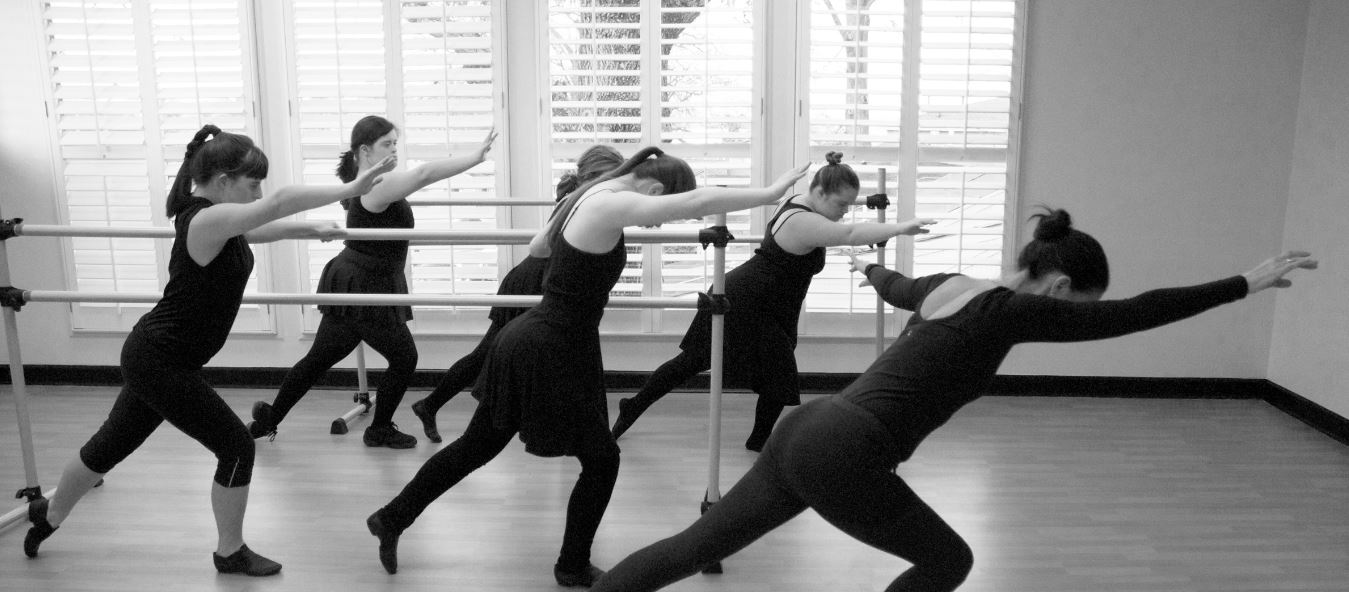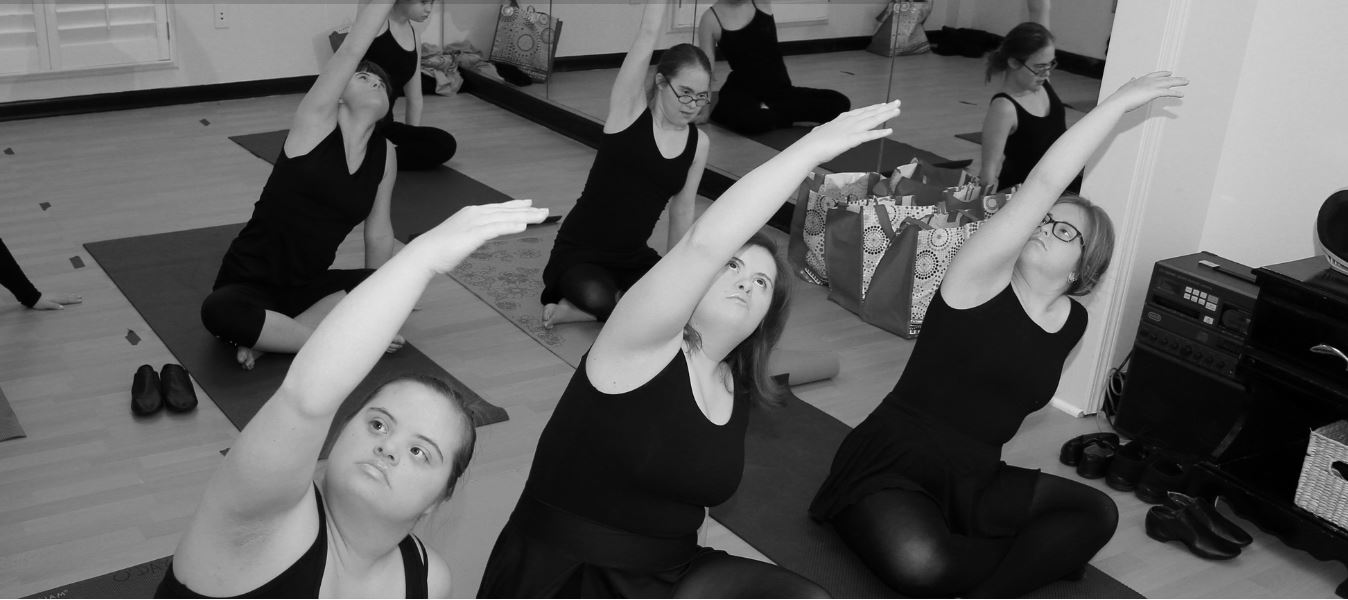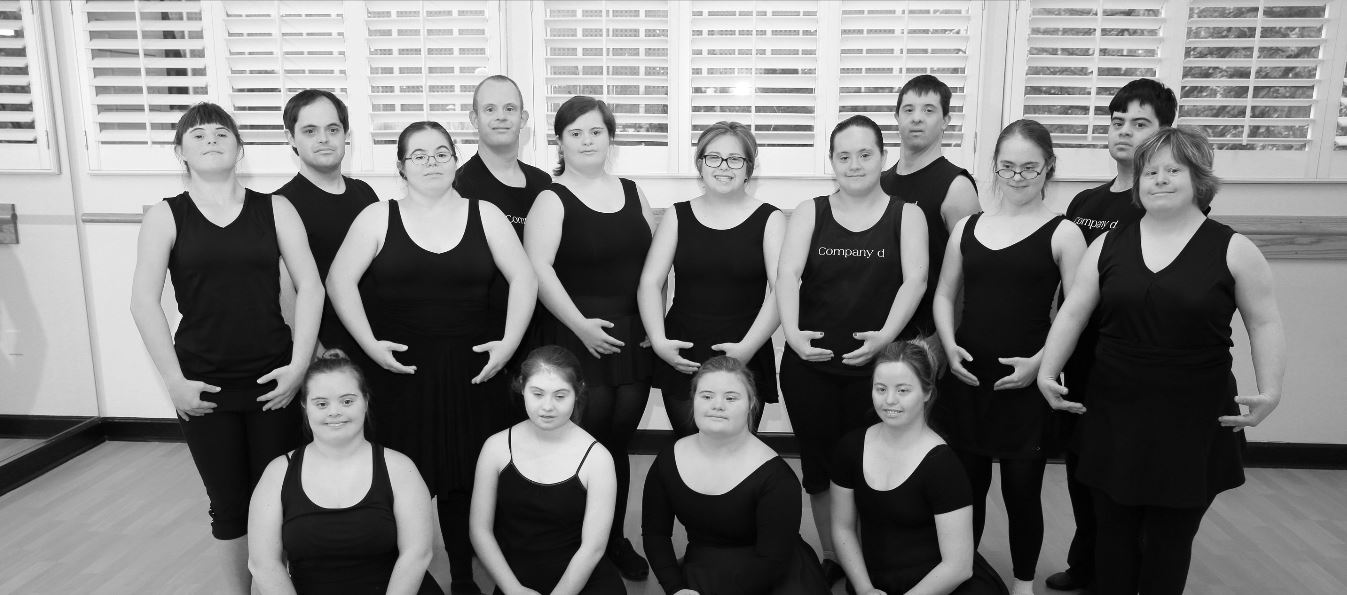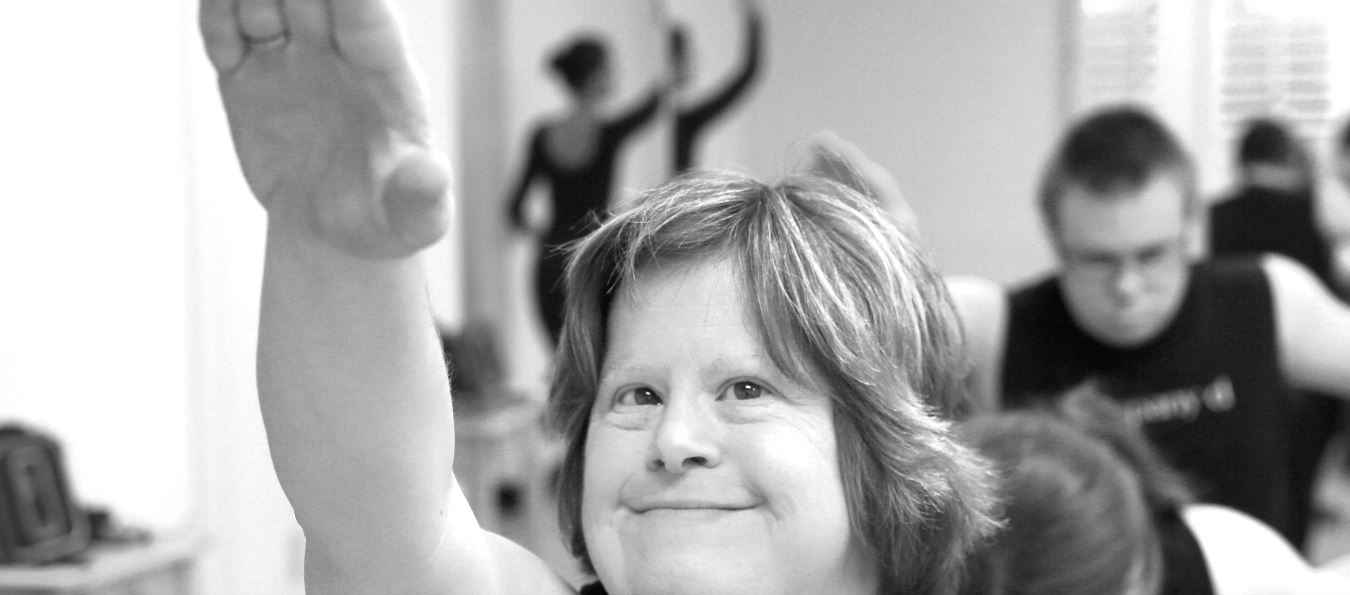Company d: Building Skills Beyond Dance
An Interview with Darlene Winters
BY EMMALY WIEDERHOLT
Company d of Memphis, Tennessee, is a nationally recognized dance company comprised of young adults with Down syndrome. Under the direction of Darlene Winters, Company d is committed to inspiring and empowering individuals with Down syndrome through dance. Darlene shares how the company positively affects the lives of both the dancers and their audiences.
~~
How did Company d get started?
In 2001, I was asked to choreograph a few pieces for a special dinner celebrating Special Kids and Families’ (SKF) 15-year involvement in the community. I already had a history in Memphis working with special needs individuals, which is why SKF called me. I was asked to choreograph a piece on six of the first graduates of the program. These dancers ended up being the original dancers of Company d. After that initial performance, I suggested to the parents that we just keep on dancing. That’s how it all began.
Before Company d, had you worked with special needs individuals through dance?
I’ve been a dance student my whole life, but I received my master’s degree in speech and language pathology. People always want to know if I was a professional dancer and worked in a company. The answer is no; I am a student of dance.
I worked in a private school where most of the students had Down syndrome. I was encouraged by my boss at the time to create a Christmas program, like the Nutcracker. It was a great jumpstart. Then I worked as a teaching artist with Arts Memphis through the Center for Arts Education.
Dance has always been a wonderful way to combine my passion with what I do professionally. With Company d, the development of the program overall has been driven by the dancers’ desire and commitment. The more classes and training they receive, the more they continue to raise the bar.
How is Company d structured?
Initially, all the dancers were in the company. As we grew, I started a class for younger students. These students do not automatically get to be in the company. In a way, I worked backwards by developing the school atmosphere after the company was founded.
The foundation of the training is ballet and Luigi’s jazz technique. After that, the dancers take modern. In the past three to four years, we’ve introduced partner dancing as well, like salsa and cha-cha. No matter how great a dancer is, learning to work with a partner is a whole other level.
Currently, I have 29 dancers total. It’s worth noting we have a very strong men’s group of eight. Whenever I’ve had other dancers or choreographers come teach, they’ve noted the technical strength of the men in Company d. For example, it’s not a problem for them to partner a girl in a ballet pas de deux.
The classes are available for anyone of any age, but only those students who clearly desire to improve can perform in the company. The program is not recital based; not everyone gets to be in every show. I tell the parents that I will never hold a dancer back because of age, but I’m not going to put a dancer on stage who is not ready.
What kinds of guest teachers come in?
They are all professional dancers; nobody I’ve commissioned has a background working with special needs students. Early on, when I first wanted to bring in a guest artist for a workshop, the dancer, who was with Ballet Memphis at the time, said he didn’t know how to prepare. I said I would like for him to prepare the way he would for any of his master classes.
In 2006, I was in New York studying with my mentor, Luigi, the man who invented and codified classical American jazz dance. I was talking afterward to his assistant, Francis Roach. I told him I’d love for him to do a master class in Memphis, and he said it sounded possible. Then I said, “And they’re all individuals with Down syndrome.” He responded, “Not a problem.”
The guest teachers and Company d dancers all share the language of dance.
What kinds of audiences usually attend Company d’s shows?
When we first began, our stage might be anything from a parking lot or an Oktoberfest to a ballroom for civic organizations. We never knew who we were playing for. Now that we’ve completed our fifth annual show, our audience is a mix of parents as well as people from the community.
Have you noticed attitudinal shifts in the community toward people with Down syndrome, perhaps as a result of watching Company d’s shows?
The shift over the past 17 years, both within the community and nationally, has been significant. That is very positive. There are so many abilities inherent in the Company d dancers, and that’s what Company d is about: the belief that everyone has an inherent aptitude. Is that aptitude always for dance? Maybe not. Maybe it’s for the visual arts or another activity.
Each time we perform for an audience, we reach people who have not been around people with Down syndrome before. Those people start to see the dancers as artists, instead of individuals with Down syndrome who are dancing. That is an important shift.
I’ve known some of my dancers since they were five. I see how learning is so important to them. They have a desire to build a broader cultural literacy. There’s a trend of only teaching functional stuff to special needs individuals, but I believe the arts can build problem solving and communication skills for those individuals to be good citizens in our society.
How do you envision Company d growing in the future?
I want to expand the program down to the preschool level. I also would like to share more of the program with other instructors who are interested in working with individuals with Down syndrome, and to build the staff at the school. Additionally, I would like for the dancers who are selected for the company to be able to have professional status, like being offered a stipend.
We started 17 years ago, and we spent 14 years being based out of a church. We are now in a studio, and are goal is to stay in the space and hopefully make it our permanent home. We have visibility and easy access, which puts the dancers right out in front of their community.
A big vision would be to take our shows out of town. That in itself would create inspiration and help bring awareness to the Down syndrome population. After anybody watches Company d, they think, “Whoa, if those dancers can do that, I can certainly hire one of these guys.”
Any other thoughts?
Backstage, the dancers have to be very independent. That’s what sets the Company d dancers apart. There’s no teacher or mother telling them their cues or where to get their costumes. It’s about independence.
I can say what you’d expect as far as dance building self-esteem and confidence, but the dancers’ aspirations go far beyond that.
~~
For more information, visit www.companyddancers.org.





One Response to “Company d: Building Skills Beyond Dance”
great post!
Comments are closed.